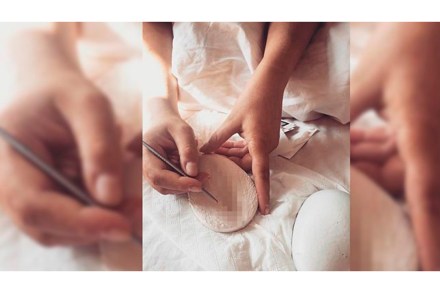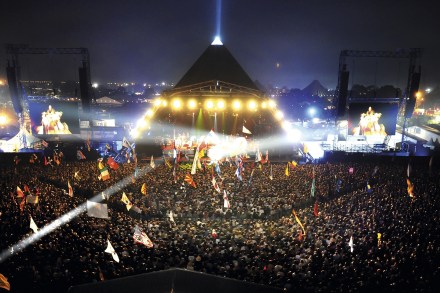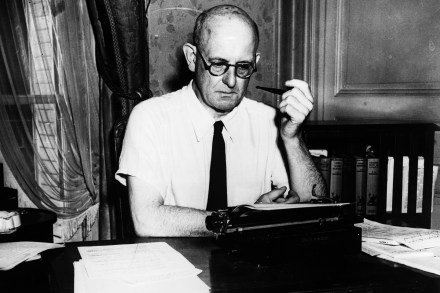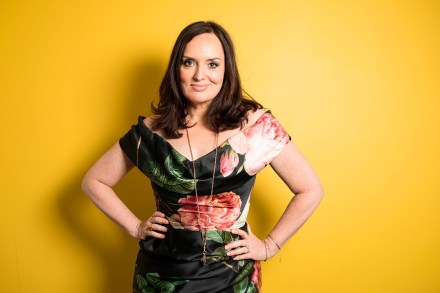The Archers is a masterclass in how not to write a monologue
If you’ve been listening to The Archers lately, you’ll know how tedious monologues can be. The BBC has received so many complaints about the stream of soliloquys that has dominated the episodes since lockdown, that Mohit Bakaya, controller of Radio 4, has been compelled to issue an apology. The new format — introduced so that the cast and crew could follow social-distancing rules — has proven especially unpopular because, as some listeners have pointed out, the producers might easily have stitched recordings together to keep the drama going. Instead, they’ve more or less dispensed with dialogue between characters in favour of a watered-down talking heads approach. Given that it’s usually








